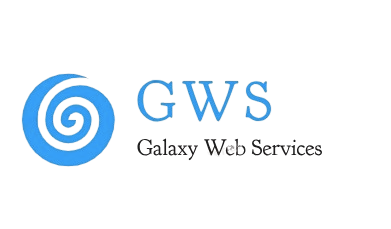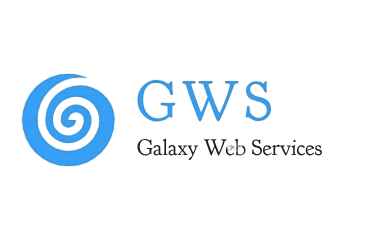Mobile apps are transforming healthcare, making services more accessible, efficient, and patient-centric. For healthcare providers, investing in a mobile app isn’t just about innovation — it’s about meeting evolving patient expectations and improving care delivery. Let’s break down the key benefits.
1. On-Demand Telehealth and Virtual Care
Mobile apps allow patients to schedule virtual consultations, access health advice, and receive care without visiting a physical office.
2. Appointment Scheduling and Reminders
Apps streamline appointment booking and send automated reminders to reduce no-shows and improve scheduling efficiency.
3. Medication and Health Tracking
Patients can track medications, log symptoms, and monitor health metrics — fostering proactive healthcare management.
4. Access to Health Records and Test Results
A secure app portal lets patients view medical histories, lab results, and treatment plans at their convenience.
5. Push Notifications for Health Tips and Updates
Send personalized notifications with health tips, seasonal reminders, or practice updates to keep patients informed and engaged.
6. Patient Feedback and Satisfaction Surveys
Collect real-time feedback through in-app surveys, helping healthcare agencies improve services and patient satisfaction.
Conclusion
Mobile apps bridge the gap between patients and providers, enhancing care delivery and patient engagement. By adopting app technology, healthcare agencies can offer more flexible, convenient, and personalized care — a true win for both patients and providers.







